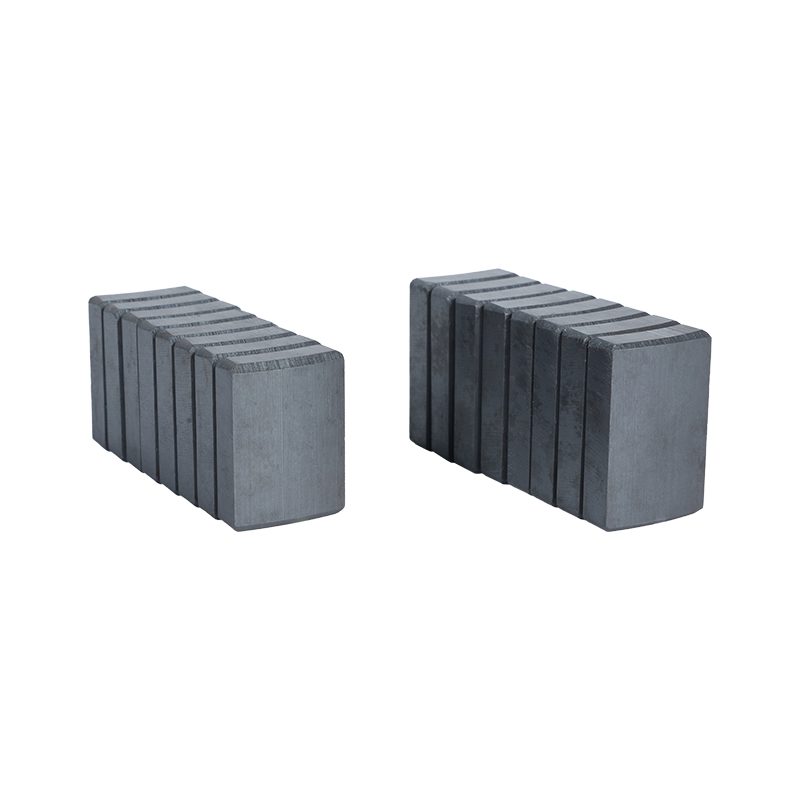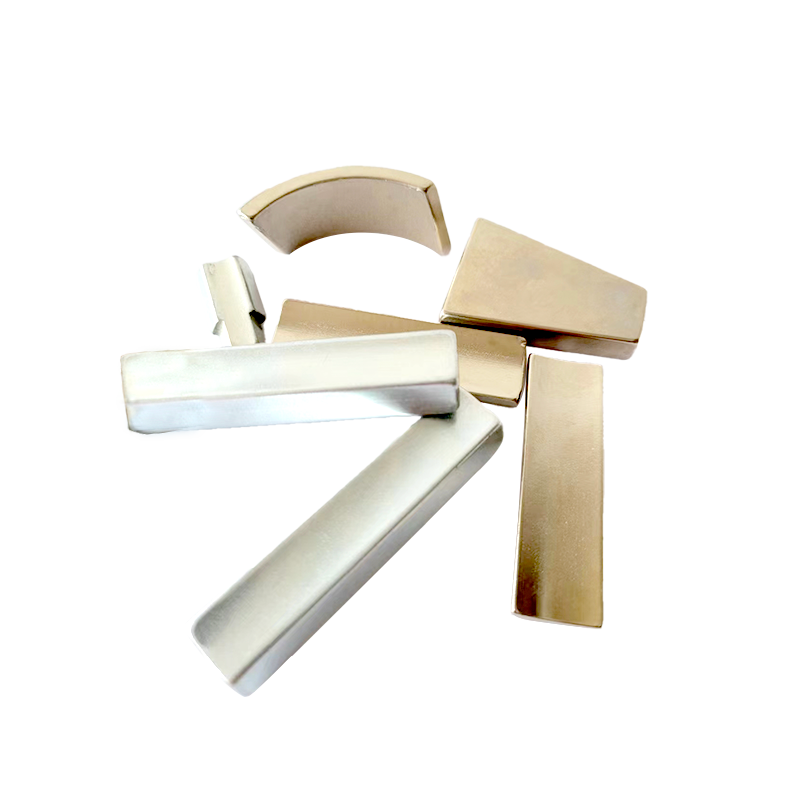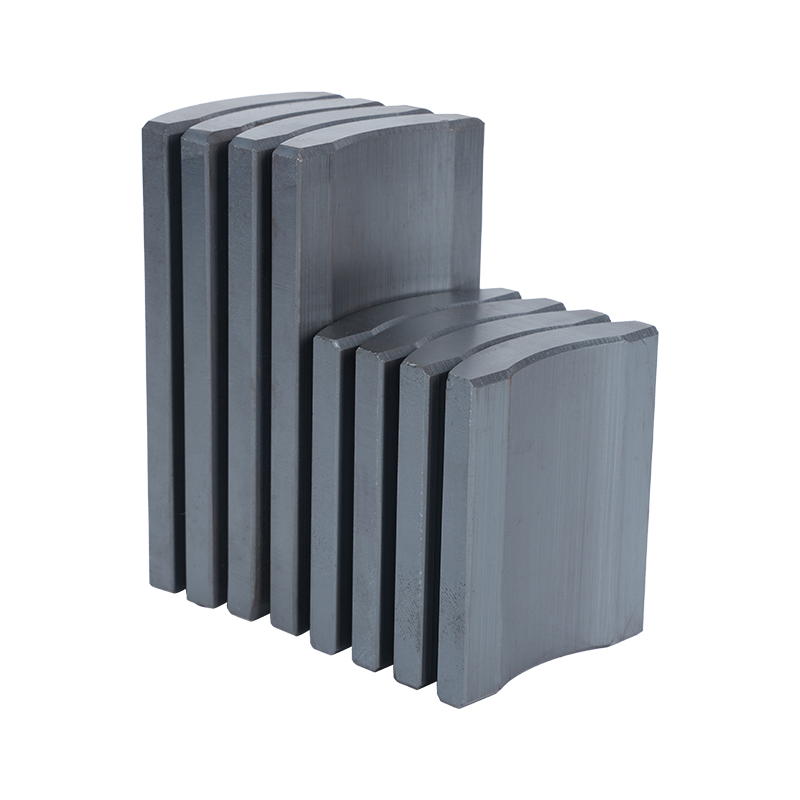Dong Yang TianQi Magnetic Segment Co.,Ltd.(formerly Shuangyang Magnet Tile) is a professional enterprise specializing in the production of motor magnet tiles
Search by posts
Categories
Popular products
Contact Us

Industry News
 By Admin
By Admin
Revolutionizing Lawn Care: The Advent of Nickel Zinc Ferrite Magnetic Tiles in Lawn Mowers
In the realm of lawn maintenance, a groundbreaking innovation is reshaping the way we approach grass cutting: Lawn Mower Nickel Zinc Ferrite Magnetic Tiles. These innovative magnetic tiles, crafted from a blend of nickel, zinc, and ferrite materials, are revolutionizing lawn mower technology, offering enhanced performance and efficiency for homeowners and landscapers alike.
Lawn Mower Nickel Zinc Ferrite Magnetic Tiles are engineered to provide a range of benefits in lawn mowers, from improved cutting precision to enhanced debris removal. Their magnetic properties allow for more efficient grass cutting and debris collection, resulting in a cleaner and healthier lawn with less effort and maintenance required.
One of the primary applications of Lawn Mower Nickel Zinc Ferrite Magnetic Tiles is in the blade assembly of lawn mowers. These magnetic tiles are strategically integrated into the cutting blades, where they help attract and capture ferrous debris such as nails, screws, and metal fragments from the lawn surface. Their strong magnetic force ensures that even the smallest particles are effectively removed, reducing the risk of damage to the mower and creating a safer environment for both the equipment and the operator.
Moreover, the use of Nickel Zinc Ferrite Magnetic Tiles in lawn mowers improves cutting efficiency and reduces the need for multiple passes over the same area. The magnetic tiles help ensure a clean and even cut, resulting in a more aesthetically pleasing lawn with minimal effort. This saves time and energy for homeowners and landscapers, allowing them to focus on other aspects of lawn care and maintenance.
The versatility of Lawn Mower Nickel Zinc Ferrite Magnetic Tiles extends beyond debris removal to include grass collection and disposal systems. These magnetic tiles are also utilized in the collection bags or bins of lawn mowers, where they help attract and retain ferrous debris and clippings. This prevents metal fragments from being scattered back onto the lawn during mowing, resulting in a cleaner and more pristine cut.
Additionally, Lawn Mower Nickel Zinc Ferrite Magnetic Tiles contribute to environmental sustainability by reducing the need for chemical fertilizers and pesticides. By removing ferrous contaminants from the lawn surface, these magnetic tiles help create a healthier and more balanced ecosystem for grass growth. This reduces the reliance on harmful chemicals and promotes natural lawn care practices, to a greener and more environmentally friendly landscape.
Furthermore, Lawn Mower Nickel Zinc Ferrite Magnetic Tiles are instrumental in reducing the environmental impact of lawn care equipment. The production process of ferrite magnets requires fewer natural resources and generates less waste compared to other materials, making them a more sustainable choice for lawn mower manufacturers. This aligns with the growing demand for eco-friendly products in the landscaping industry and contributes to reducing the carbon footprint of lawn maintenance practices.
Despite their numerous advantages, the production and integration of Lawn Mower Nickel Zinc Ferrite Magnetic Tiles into lawn mowers present certain challenges. The manufacturing process involves precision machining and assembly, which require advanced technology and expertise. Additionally, the integration of magnetic tiles into existing lawn mower designs may require modifications to ensure compatibility and performance.
Looking to the future, the potential of Lawn Mower Nickel Zinc Ferrite Magnetic Tiles remains vast. Ongoing advancements in magnet technology, coupled with innovations in lawn mower design and functionality, hold the promise of unlocking new possibilities for enhancing lawn care and maintenance. As technology continues to evolve, the role of magnetic tiles in shaping the future of lawn mower technology will undoubtedly continue to grow, paving the way for greener and more sustainable landscapes for generations to come.










